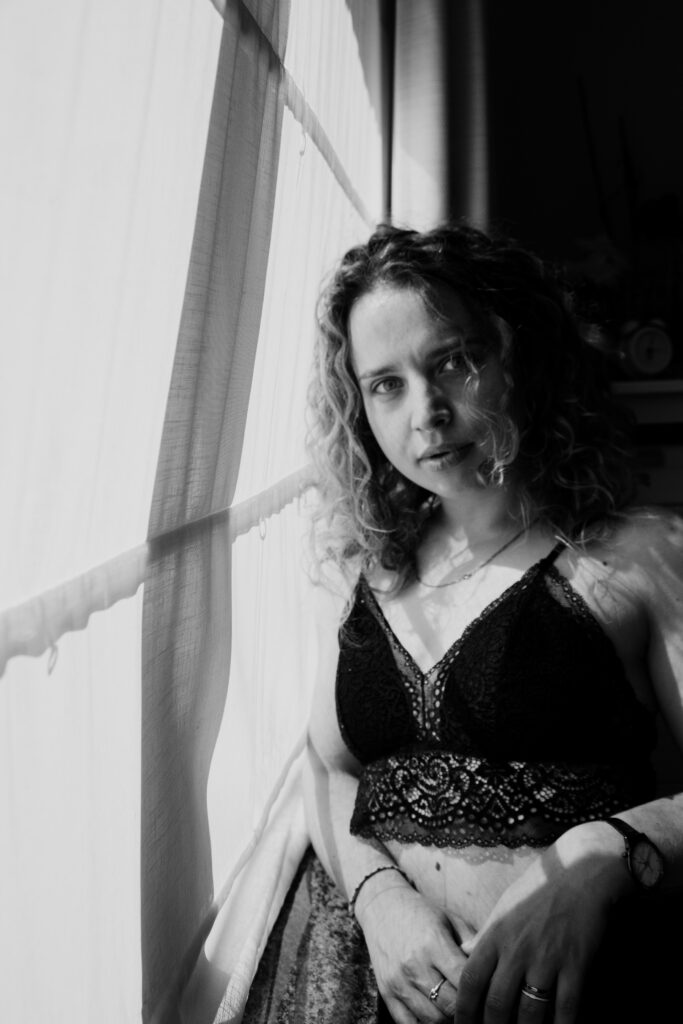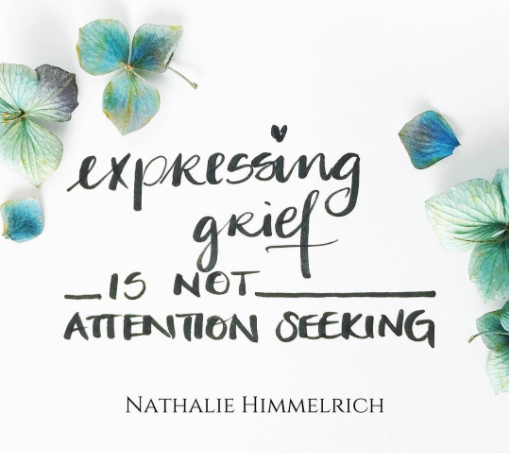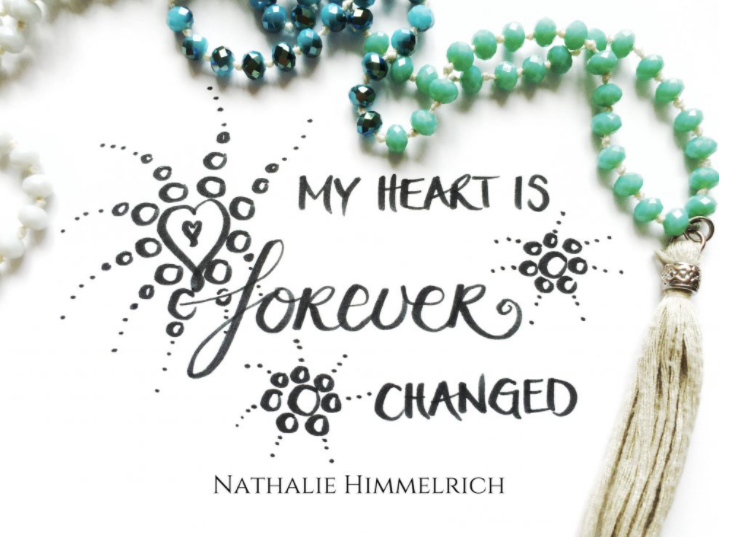
Vulnerability and bravery. Two words that I wouldn’t easily put into one sentence. Grieving the death of my daughter and the subsequent years of healing has taught me both.
I’m practising being vulnerable and brave by sharing some personal insights from behind the scenes of the latest project I’ve been working on the past year.
Vulnerability and bravery go hand in hand
Vulnerability – posting about the idea of a new project, a resource book for bereaved parents, I had just intuitively conceived.
I had no plans, just an idea. The critics came right away asking questions and making judgments about things that I hadn’t thought through yet. Truthfully, I felt shattered and hurt. It’s not that I’m a bad planner. I just hadn’t done it yet. I jumped in excitedly wondering whether anyone would be interested at all.
Bravery. I continued anyway, despite the naysayers.
Starting without a plan takes courage
Vulnerability. I asked people to contribute to something that I was only just forming a plan for in my mind.
What would a charity project entail? I didn’t have the money to sponsor another book through production, editing, design etc. after having already done that for my previous three books.
Bravery. Some might call this faith, trust, or fool-hearted stupidity. I just went along believing it would somehow come together. Now, a year later, the donations (click here if you would like to donate) are trickling in, and we are almost finished with the book. For me, this is bravery.
Finding your resilience and spreading hope
Vulnerability. I challenged the contributors to write about what gave them hope in the first year after the loss.
To go back through the story of loss is just one thing. Carefully searching for what actually helped me through the worst time in my life is a huge challenge.
Vulnerability and bravery were shown by each of the twenty-six contributors who went into their loss story again, into the depth of grief – the absolute opposite of an easy task – in the search for their resilience with the purpose of giving hope to the reader.
I cannot do this on my own
Vulnerability. My physical situation was challenging. My back started to become unbearably painful. I realized that I couldn’t and wouldn’t be able to complete this project on my own. This was my first project with different contributors. I hadn’t fully anticipated the extra work it would take to liaise with each writer through the process of editing.
Sometimes we have got to ask for help. In a BIG moment of a vulnerability, I sent a call out to the community and asked for help. I felt totally weak and unprofessional. The most beautiful and unexpected support came my way. It is now truly is a community project. A book written and produced by the community.
In April I started to go downhill physically and by end of July was walking on crutches and lying in bed 85% of my day. I could hardly sit, let alone work on the computer. I learned to ask for and accept help. Again and again. In more ways, I ever thought possible.
Can you help me?
This is what this whole project is about: A hand reaching out to you when you are vulnerable and in need of support.
It takes bravery to realize and accept we need help.
You are brave when you look for help and accept being helped.
We want you to know that you are not alone in your vulnerability.
To know the company of others who’ve experienced what you’ve experienced is what can sustain you in your empty moments. We want to know you and your story. Are you brave enough to share with us your moments of vulnerability?
Can you help us?
Would you like to support this not-for-profit project? Please donate any amount so we are able to give books to parents who have just lost a child.
If you’re interested in the book, you can order it here.
Surviving My First Year of Child Loss – Personal Stories From Grieving Parents
The community of parents from the Grieving Parents Support Network has created a new support resource for bereaved parents.
Contributors to Surviving My First Year of Child Loss were asked to share personal and relational challenges they experienced in the first year of grief. The result is twenty-six heart-wrenchingly honest essays that communicate the individual way each parent coped during their first twelve months of loss.
More than anything else, the Surviving My First Year of Child Loss project invites grieving parents to find support in a community they never intended to join.





